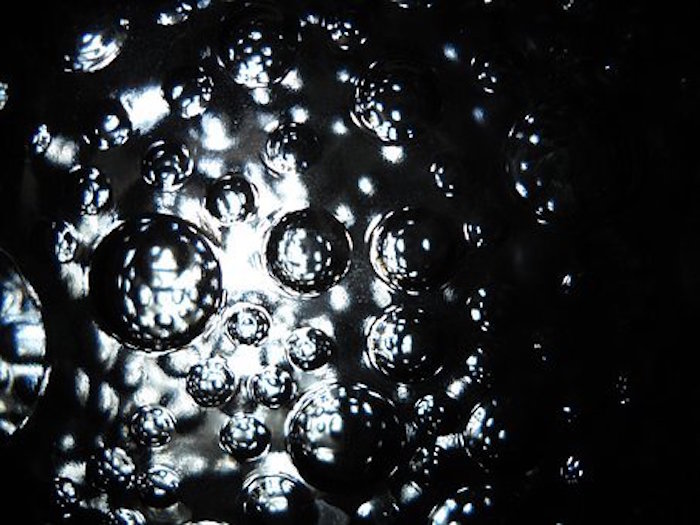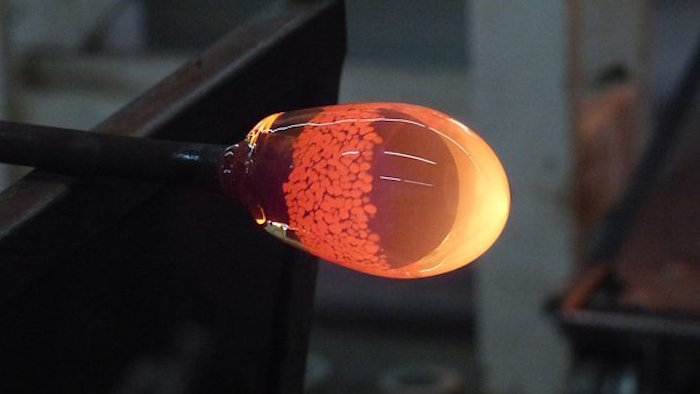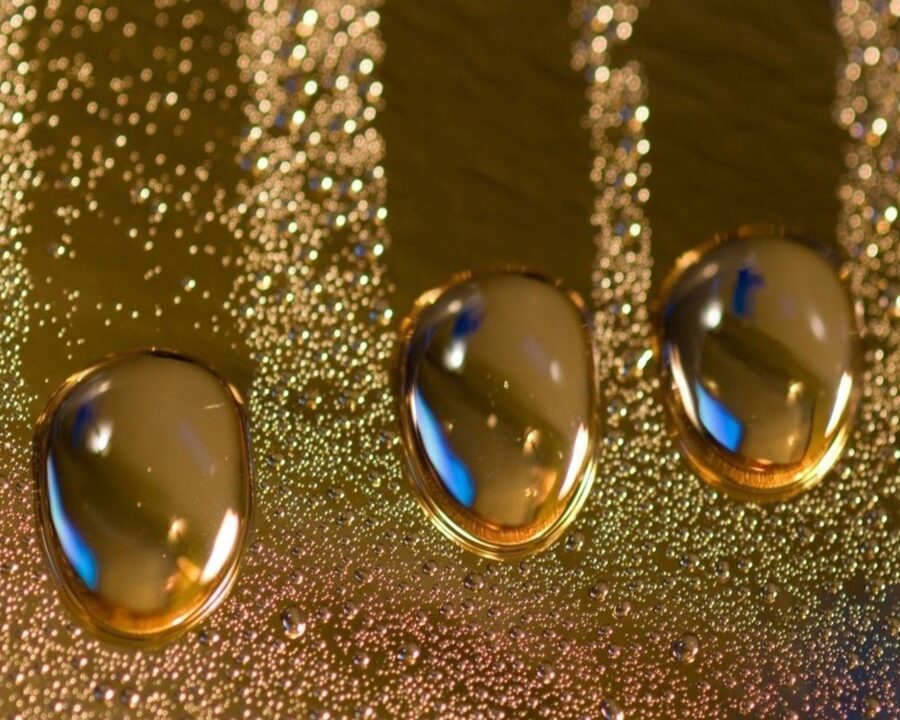New State Of Matter Discovered, Now It’s Solid, Liquid, Gas And One More
Scientists have discovered a new state of matter to join the ones we already know: solid, liquid and glass. Now we have one more.
This article is more than 2 years old

At some point in your science classes, you learned there is such a thing as a state of matter. The three basic ones we observe every day are of course solid, liquid, and gas. Technically, there is also plasma, but most of us just learned the three. This was an easy enough idea to understand and, for the lucky among us, led to some fun experiments in chemistry class. Well, researchers who continued playing around with that idea into adulthood have given us a new gift of understanding on how the world works: an entirely new-to-us state of matter: liquid glass. It’s not a liquid, it’s not a solid, but it is pretty weird.
To think about a new state of matter like liquid glass, to begin with, we have to ask a simpler question, “What is glass?” Yes, that sounds like a ridiculous question. We see glass everywhere every day. It’s in our windows. We drink from glasses. Some of us wear glasses. But in terms of the scientific state of matter, what is glass? It’s clearly not a liquid or a gas, so it’s a solid, right? Except that it’s not. Taking you back to chemistry class here, something is defined as solid matter when it is made of tightly packed particles. Unlike a liquid or gas, it will maintain its shape.
You might be saying that the definition of solid matter sounds like glass to you. Case closed. Glass has a state of matter, and that is solid. And that’s mostly true because the molecules are tightly packed in there. They aren’t really going to move. But they’re jumbled up in this way that’s unique to glass and doesn’t fit any regular structures. Technically, chemists will tell you that glass is an amorphous solid, which means it’s somewhere between liquid and solid. This isn’t an answer that fully satisfies the question though and has led to more research around the subject.

One of the ways scientists can clearly see this is in the transition from liquid to solid. When water freezes, it goes from a liquid to a solid. We can see this in ice cubes. And what we see are these crystalline patterns. This is a regular structure that is easily observable when something goes from a liquid to a solid. Glass doesn’t do this. Instead of getting into a predicted crystalline formation, the molecules just stop where they are and are now steadily there, frozen, except not the way we expect “frozen” to look. And man, that’s just weird.
Because of this, traditionally, science doesn’t really know what to say about glass. You can ask “What state of matter is glass?” and either get a shrug or a very long and confusing explanation of the complications when it comes to answering that question. To make matters a bit more complicated, the term “glass” is used to talk about the glass in your window as well as properties that have “glass-like” behavior, including plastics, metals, proteins, and biological cells. The question of “What is glass?” is something chemists have been studying for a long time, and without any clear definitions provided for us.
So, now, to make the conversation even more exciting, we officially have a new state of matter for the books: liquid glass. Researchers from the University of Konstanz in Germany discovered that in this new state of matter, the particles were able to move around (like in a liquid) but unable to rotate. It’s almost like the particles are looking in one direction and keeping their eye there, even as they otherwise move. This is particle behavior that has not been observed in bulk glasses.

This discovery doesn’t answer all of our questions about glass on a wide scale and its state of matter. Instead, liquid glass is a new piece of the puzzle. It’s something else that gives us more information and a different perspective on glass but hasn’t yet offered us the whole picture. In short, we have a new state of matter, liquid glass, but we still have all our same questions about glass on a wider scale.
If chemistry, states of matter, and the search for answers about the universe get you excited, then this is good news. We have answers to questions we didn’t know to ask before, and still have all the same questions piled up. The world is strange and full of fun, nerdy mysteries out there. From questions about alien life to “What even is glass?”, the mysteries never stop coming.












